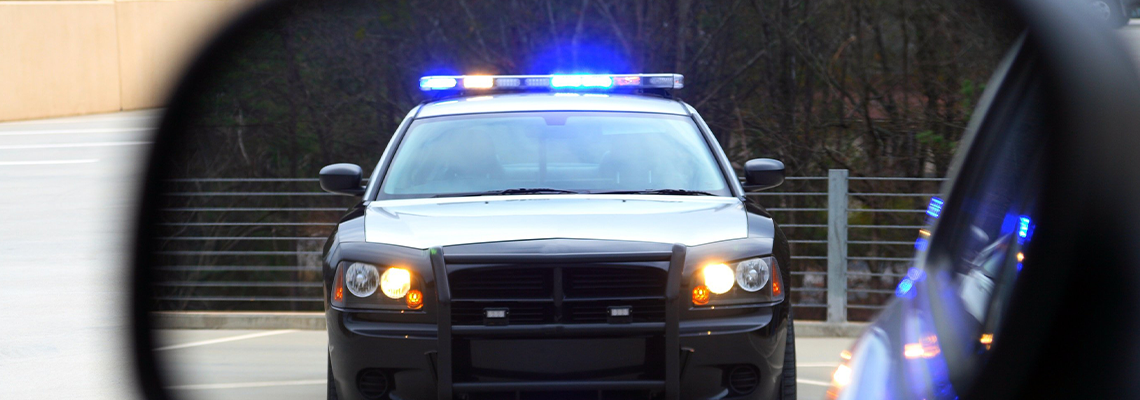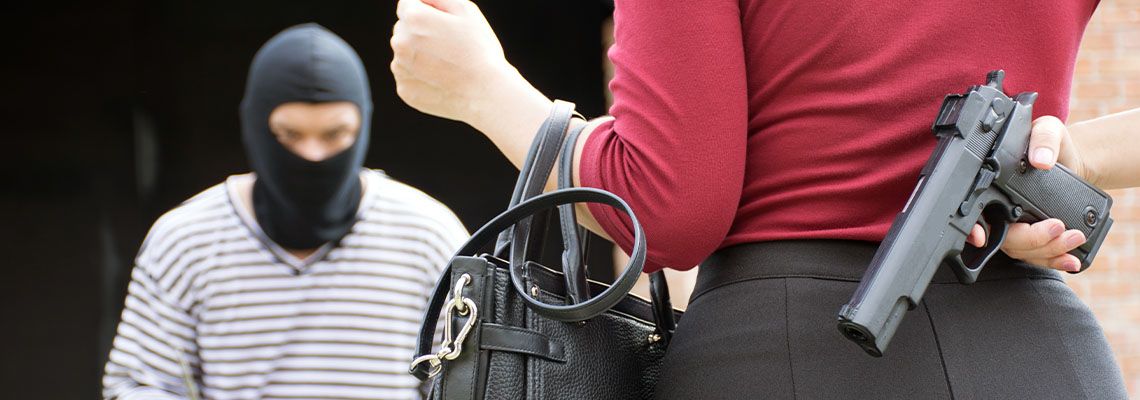
Vehicular eluding is a criminal offense in Colorado that occurs when a driver attempts to evade law enforcement officers during a pursuit. It's a serious charge, often carrying severe penalties, including imprisonment, fines, and loss of driving privileges. However, a key element of a vehicular eluding charge is the issue of "knowledge."
If you're being charged with vehicular eluding, don't hesitate to contact an experienced criminal defense lawyer at The Leier Law Office, LLC in Fort Collins, Colorado. Here's what you need to know about how "knowledge" is proven in vehicular eluding cases.
What Is Considered Vehicular Eluding in Colorado?
Vehicular eluding, as defined by Colorado law, occurs when a person operating a motor vehicle knowingly attempts to elude or flee from a peace officer’s attempt to stop them. According to Colorado Revised Statutes (C.R.S.) § 18-9-116, there are two distinct charges related to vehicular eluding:
Vehicular eluding (C.R.S. § 18-9-116.5(1)): Any person who, while operating a motor vehicle, knowingly eludes or attempts to elude a peace officer also operating a motor vehicle, and who knows or reasonably show know that he or she is being pursued by said peace officer, and who operates his or her vehicle in a reckless manner, commits vehicular eluding.
Vehicular eluding is a class 5 felony in Colorado; however, it is a class 4 felony if it results in bodily injury to another person, and it is a class 3 felony if it results in the death of another person.
In all cases the prosecution must prove the defendant knew he was being pursued by law enforcement. This is where the issue of knowledge becomes central. Knowledge plays a critical role in determining guilt in vehicular eluding cases.
Determining Knowledge in Vehicular Eluding Cases
Under Colorado law, the mental state of the defendant is an essential element of the offense. The prosecution must prove that the defendant knowingly fled from law enforcement, which implies that they had the intent to elude arrest.
The term "knowingly" is defined under C.R.S. § 18-1-501(6). A person acts knowingly if they're aware that their conduct is of a nature that will likely cause a particular result, such as fleeing from a pursuing police officer.
In the case of vehicular eluding, this means that the driver knew they were being pursued by law enforcement and intentionally attempted to escape capture.
The prosecution will try to establish that the defendant's actions were purposeful and deliberate. For instance, if a suspect accelerates away from the police or takes evasive maneuvers to avoid roadblocks, the prosecution will argue that these actions demonstrate the defendant’s intent to elude capture.
The defense strategy in a vehicular eluding case often revolves around challenging the prosecution’s evidence regarding the defendant’s knowledge and intent.
Defending Against Vehicular Eluding Charges
There are several common defense strategies that a criminal defense lawyer in Colorado may use to undermine the prosecution’s attempt to prove the defendant’s intent in vehicular eluding cases.
One of the most common defenses to vehicular eluding is that the defendant didn't know they were being pursued by law enforcement.
Lack of Knowledge of Pursuit
The defendant may argue that they were unaware that a police officer was attempting to stop them due to poor visibility, distracted driving, or mistaken identity.
This defense may be particularly relevant in cases where the police lights weren't activated, or if the defendant was in a location with heavy traffic or noise, making it difficult to hear or see the police officer.
To successfully defend against the charge, the defense attorney may challenge the circumstances surrounding the police pursuit, such as:
Whether the officer properly activated their emergency lights and sirens
Whether the defendant was in an environment where it would be difficult to see or hear the police
Whether there was any confusion about who the officer was trying to stop (e.g., mistaken identity or confusion about the vehicle being pursued)
If the defendant didn't know they were being pursued, then they couldn't have had the intent to elude the officer, and the charge may be reduced or dismissed.
Another defense strategy is to argue that the defendant didn't have the intent to evade capture.
Lack of Intent to Evade Capture
The defense might argue that the defendant was simply unaware of the consequences of their actions or that they were trying to find a safe place to pull over.
It's also possible that the defendant’s driving behavior wasn't intentionally evasive, but rather due to panic, confusion, or a lack of knowledge about the officer's intentions.
For example, the defendant may have attempted to pull over but got confused by road conditions, failing to safely stop due to a lack of understanding that the officer wanted them to pull over immediately. In this scenario, a criminal defense lawyer such as Attorney Kent J. Leier may argue that there was no intentional effort to flee.
In these types of cases, the defense would seek to establish that the defendant's actions weren't deliberate or purposeful, but rather the result of miscommunication or lack of understanding, such as:
The defendant may have been confused about the officer’s signals to stop, leading to an unintentional failure to pull over
The defendant may have tried to pull over but was unable to do so due to road conditions, mechanical failure, or other legitimate reasons
The defendant may have been seeking a safer location to stop, such as pulling over in a well-lit area, but this was misinterpreted as an effort to flee
In some cases, the defendant may claim that they fled from the police due to an emergency situation or to avoid greater harm.
Emergency or Necessity Defense
The necessity defense allows a defendant to argue that they were acting in response to an emergency situation that required immediate action to avoid serious harm or injury.
For example, the defendant might argue that they were fleeing from a dangerous situation, such as being threatened by another individual, or they were rushing to the hospital due to a medical emergency.
To use this defense successfully, the criminal defense lawyer would need to prove that:
The defendant was faced with an immediate and serious threat of harm
The defendant's actions were necessary to avoid that harm
The defendant's decision to flee was proportional to the threat they faced
While this defense is difficult to prove in vehicular eluding cases, it could be persuasive in specific circumstances, such as when the defendant was fleeing from an abusive situation or facing a medical crisis.
Another effective defense tactic may involve questioning the actions of the pursuing police officer.
Challenging the Officer’s Pursuit
The defense might argue that the officer’s actions were unlawful or improper, leading to the pursuit being initiated inappropriately. In such cases, the defense may challenge:
Whether the officer had probable cause to initiate the pursuit in the first place
Whether the officer followed proper procedures in activating emergency lights and sirens
Whether the officer’s conduct during the pursuit (such as using excessive force or making an unsafe maneuver) contributed to the defendant’s flight
If the officer's actions were unlawful or improper, the defense could argue that the defendant’s flight was either not intentional or the result of a reasonable belief that they weren't being pursued lawfully. In some cases, the defendant may also argue that their vehicle malfunctioned.
Accident or Mechanical Failure
The defendant might claim that their vehicle broke down during the pursuit, or they were involved in a collision that caused them to flee the scene out of fear or confusion.
This defense could be supported by evidence, such as:
Witness testimony or physical evidence showing that the vehicle malfunctioned or broke down during the chase
Evidence of damage to the vehicle that could explain why the defendant failed to stop
While this defense may not always work in every case, it could raise reasonable doubt about whether the defendant's actions were intentional.
By highlighting weaknesses in the prosecution’s evidence and presenting alternative explanations, a criminal defense lawyer in Colorado can provide strong defenses for their clients facing these serious charges.
Contact a Criminal Defense Lawyer Today
If you're facing criminal charges for vehicular eluding, don't hesitate to speak to Attorney Kent J. Leier at The Leier Law Office, LLC. We serve clients in Fort Collins, Loveland, Greeley, Windsor, and Evans. Contact us today to schedule a consultation.



